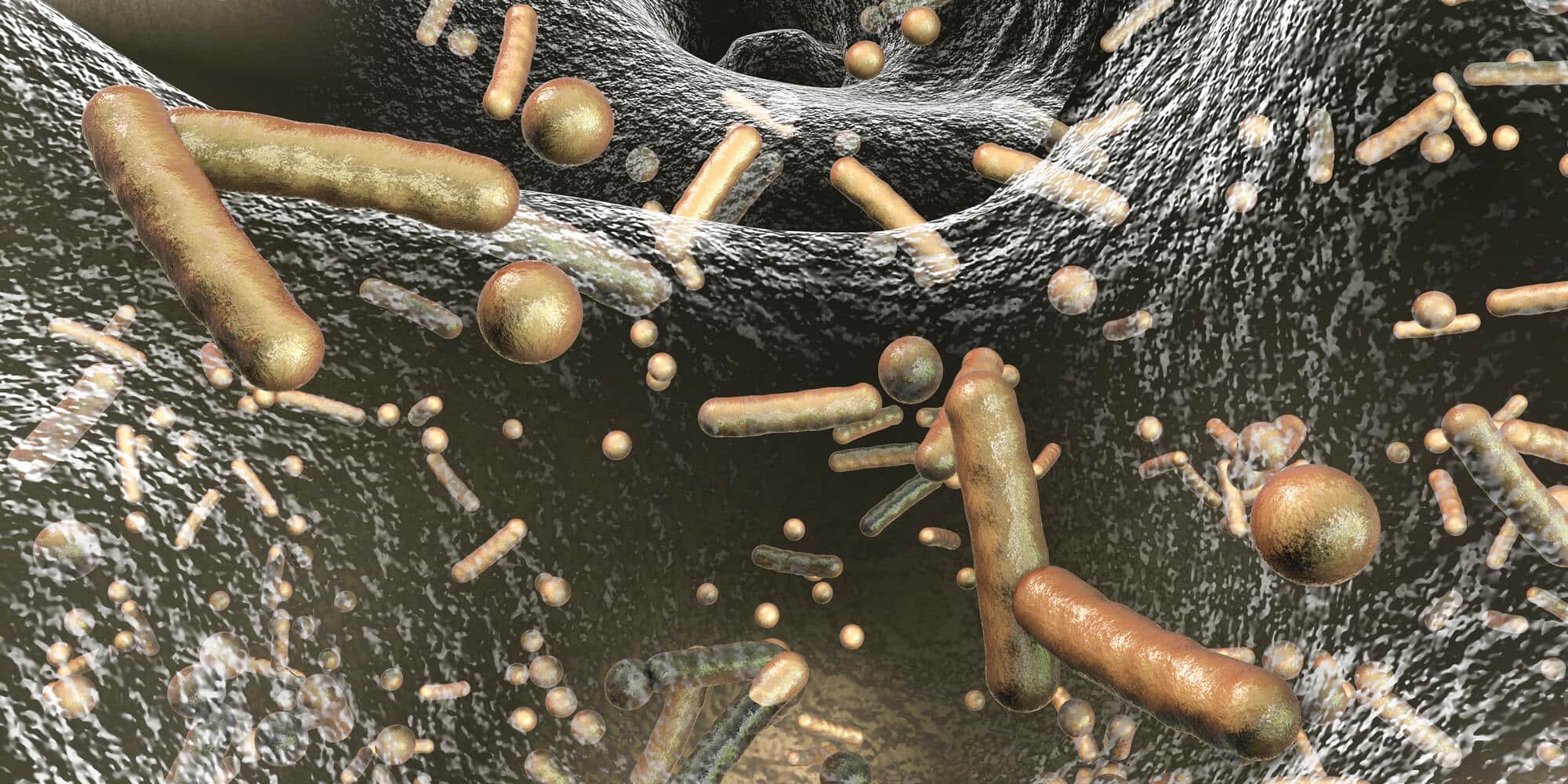Accurate matching of antibiotics and reducing the chance of developing drug resistance - in a new study by the Technion and the Maccabi Research and Innovation Institute (KSM)

Researchers at the Technion and the Maccabi Institute for Research and Innovation have developed an algorithm that helps in choosing antibiotics accurately and reduces by about 70% the risk of developing bacterial resistance to the drug. The research was published in the prestigious journal Science and was carried out under the leadership of Dr. Matthew Stracey and Prof. Roy Kishoni from the Faculty of Biology and from the Lori Lockey Interdisciplinary Center for Life Sciences and Engineering, with Prof. Varda Shalu, Prof. Gabriel Khodik and Prof. Jacob Quint from the Maccabi Research and Innovation Institute (KSM) led by Dr. Tal Patlon.
Antibiotic treatment is a double-edged sword: it may neutralize the existing infection, but also lead to the strengthening of the bacterial population resistant to that specific treatment, thus reducing the effectiveness of future treatments. Therefore, personalization of antibiotics is an extremely important medical challenge, since such adaptation not only optimizes the treatment, saves mistakes and reduces the dose of the required medicine, but can possibly also curb the dangerous phenomenon of an increase inAntibiotic resistance - a process in which the bacteria develop immunity to the drug.
Adjusting the dose while referring to the potential for bacterial resistance
The scientific and medical communities are of course aware of all of this, but the exact adjustment of the drug, taking into account the potential for bacterial resistance, is often done by the doctor without appropriate computational tools. Now, in a joint article by Technion researchers and Maccabi's Research and Innovation Institute, KSM (Kahn-Segol-Maccabi), an innovative approach to the said adjustment is presented.
In the said study, the researchers combined several advanced technologies including computational learning, analysis of infections and full genomic sequencing of the samples collected from the patients before and after the antibiotic treatment. The study is based on information collected at "Maccabi" for more than a decade - between 2007 and 2019. It is about data from about 235 thousand patients, most of them diagnosed with urinary tract infection and the rest with chronic wounds - conditions characterized by repeated infections that are treated with antibiotics. For each patient, detailed information was collected on the composition of infections, antibiotic purchases and demographic data (age, gender and pregnancies), as well as other relevant diseases.
The researchers found that resistance to antibiotics is created, in most cases, not as a result of a new mutation but of a process of genetic transmission - Transfer of genetic segments between organisms or in the process of replacing the contaminating bacterium with another bacterium, resistant to the drug. The use of antibiotics accelerates these processes. This process, the researchers discovered, also occurs when the doctor prescribes the patient an apparently appropriate antibiotic in terms of its effectiveness in the infection.
"Now," says Prof. Kishoni, "we are able to predict the process of acquiring resistance based on the medical history of that patient, especially when it comes to recurrent infections; We assume that in the future the analysis of the patient's microbiome - the population of bacteria in his body will even make it possible to increase the ability to predict. Unlike the development of new mutations, which is very difficult to predict, in the context of genetic transfer or replacement of the polluting bacteria, the process can be predicted based on previous knowledge - especially if you rely on the analysis of a lot of information through computational learning, as we did in the study."
Personalized prescription
Indeed, the research team presents an algorithm that recommends a personalized prescription that predicts which drug will accelerate the development of resistance and treatment failure. Using this tool reduces the risk of developing antibiotic resistance by about 70%. According to Dr. Stracey, "This is the tool we offer to doctors - a tool that will allow them to choose, from the spectrum of antibiotics effective for the given infection, the one that is not expected to lead to the development of resistance."
The research was funded by the NIH (National Institutes of Health in the United States), the National Science Foundation within the framework of the personalized medicine program, the Ernst and Bonnie Beutler Research Fund for Excellence in Genomic Medicine, the European Union (ERC grant), the Wellcome Trust Fellowship, the Dan and Betty Kahn Foundation .
Dr. Matthew Stracey, who led the research with Prof. Kishoni, conducted the research as part of his stay in the Kishoni lab as part of his post-doctorate in Oxford. According to him, "As part of winning the Wellcome Trust scholarship, I was encouraged to go for a period in another laboratory, and since I already knew about Prof. Kishoni's research at the Technion, I approached him and he responded positively. Unfortunately, the plague forced me to continue the research from England, but happily I managed to do most of the lab work at the Technion, and the rest of the work was mainly computational. I hope that the research will lead to preclinical and clinical studies that will allow the approach we developed to be implemented in the clinic."
More of the topic in Hayadan:
